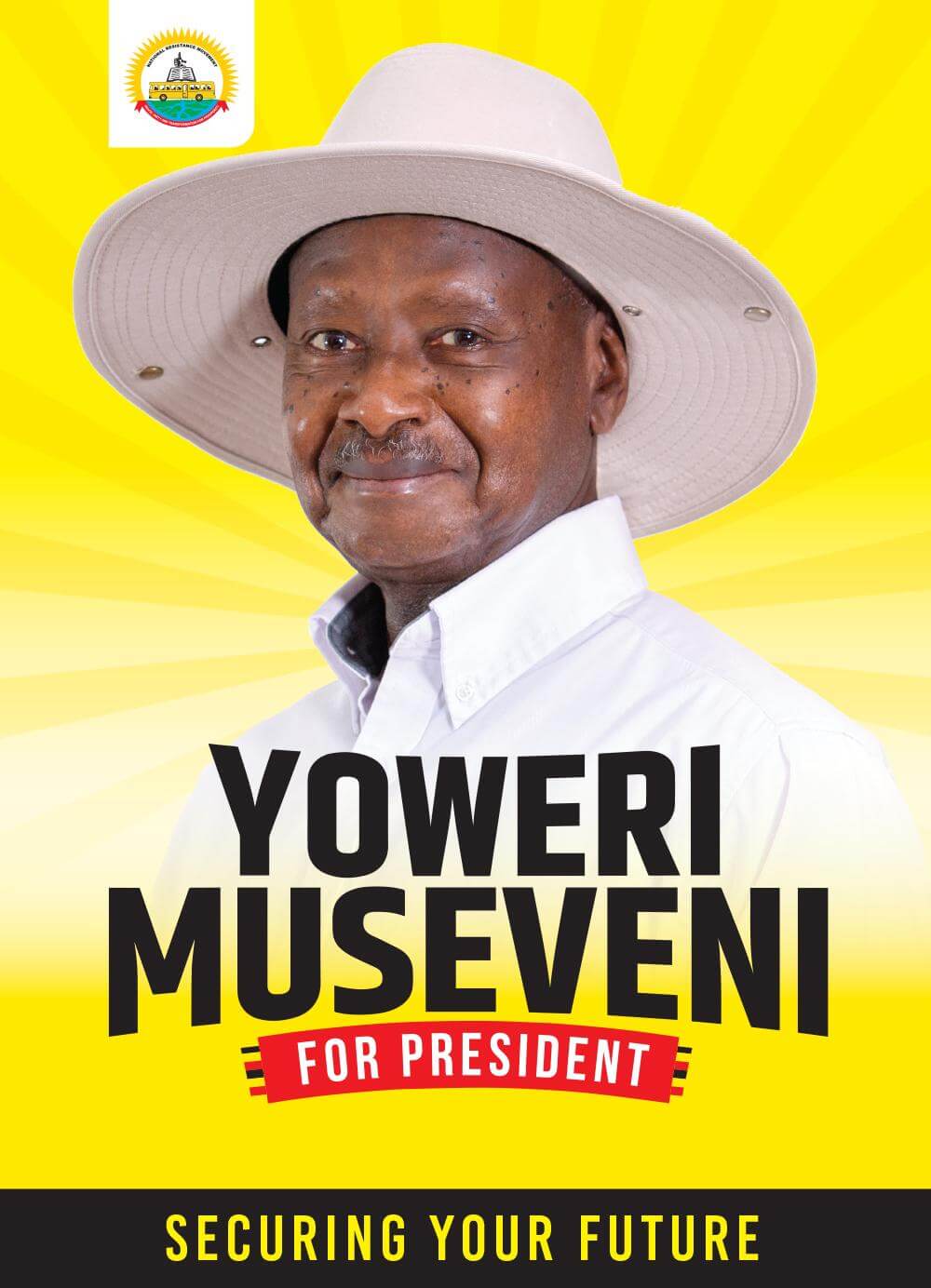Officially opened the 4th African Judicial Dialogue at Speke Resort Munyonyo. This conference has attracted over 43 participants from African states and will run under theme; ‘Tackling Contemporary Human Rights Issues: The Role of the Judiciary in Africa’.
My call to the different state and non-state actors devoted to the promotion of justice and human rights in Africa is that they should address the causes of injustices and human rights abuses that are deeply rooted in the social, economic and cultural set up of the African society.
Most causes of human rights abuses are not of legal nature hence can not be addressed by mere legislation.
There are fundamental human rights such as the right of access to food, shelter, clean water, clothing, education and health. These cannot be addressed legally but rather by developing the economy to enable the state to support her citizens.
Man has not only been abused by fellow man. He has also been abused by nature such as floods, drought, diseases, famine, and earthquakes, among others. These can only be addressed by development solutions and not by legislation.
Political and social rights could be safeguarded by legislation, however, most African countries are faced with a danger of imposing on their people and their laws, liberal concepts of the developed world that cause a clash of African and European cultures; that has made safeguarding of human rights in Africa hard.
The legal system in Africa is merely transplanted from the West and needs to be harmonised. Some people are, for example, against the death penalty but for me, I am for the laws of Moses of an eye for an eye, a tooth for a tooth. Laws should be aligned to society otherwise some laws may end up being an injustice to the population.
Some of our cultures have been outlawed but people have ignored the laws and continued to practice their cultures because they see no harm in them. So, the existences and practices continue; which shows that those who designed the laws never did enough consultation to put people’s cultures and norms into consideration because not all African practices are bad.
About the issues of case backlog, I suggest that the judiciary all over Africa prioritise cases that are major. For instance, if you have a case of two men who fought in a bar and a company employing 2000 people, I would think you consider the latter. Let the two men who fought in a bar wait.


